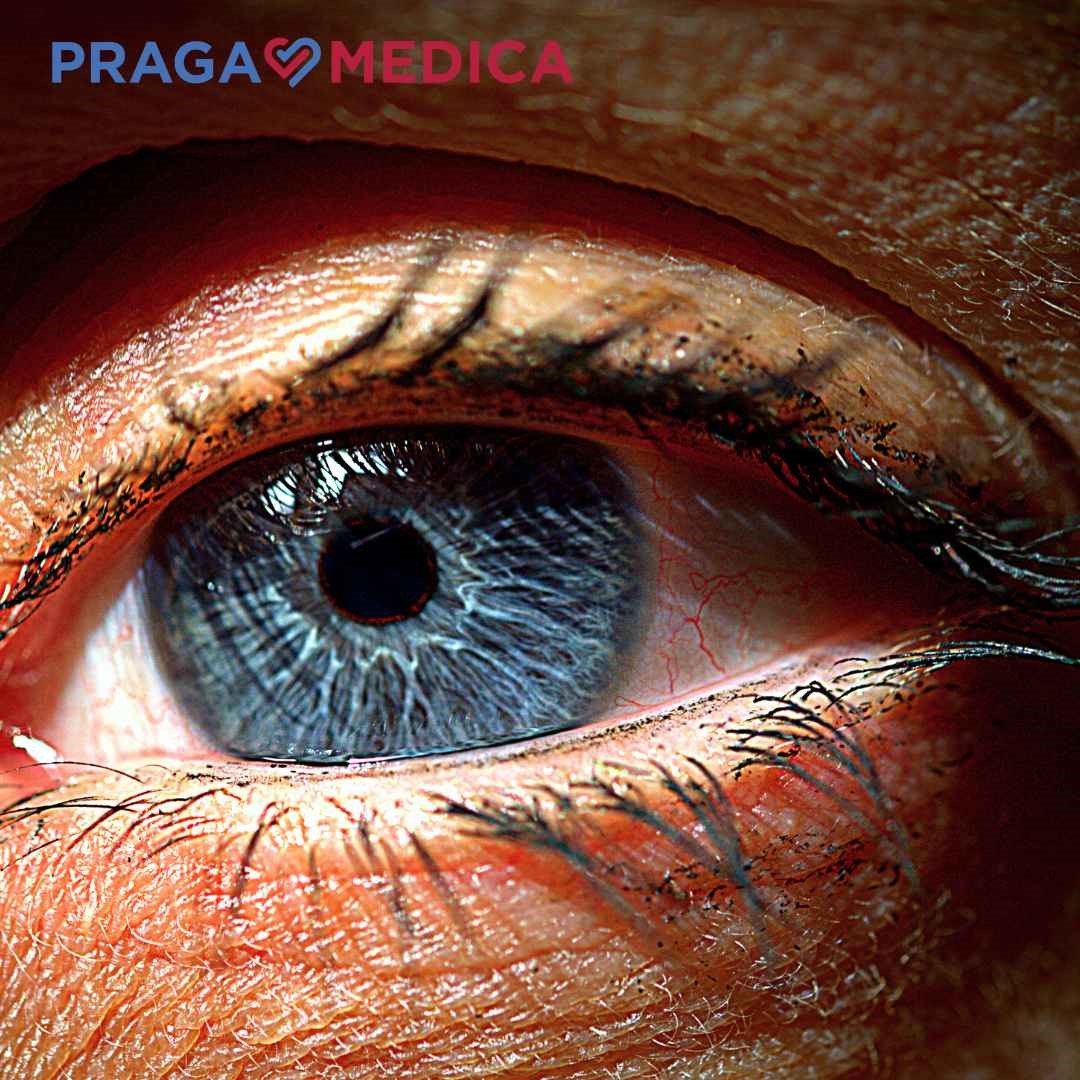RLE is a performed in local anaesthesia. The natural lens is painlessly crushed with ultrasound and removed through a microincision. Our experienced eye surgeon implants a new high-quality monofocal, EDOF, or trifocal lens. RLE is a performed in an ambulatory setting during which an optical element (intraocular lens) is permanently implanted in the eye. It takes about 10 minutes per eye.
The patient can leave the clinic immediately after the surgery. The next day is a postoperative check-up. The most popular are Alcon Acrysof lenses and Zeiss lenses.
The new technology of EDOF Vivity lenses enables clients to see well at a distance and arm’s length. Vivity lens also offers functional vision up close; therefore, reading glasses are not as much needed as in the case of monofocal lenses. The advantage of the EDOF Vivity lens is a natural vision with easy adaptation and minimal side effects such as halos and glares
Discover Prague: A Safe, Historical, and Breath-Taking Destination
Read more >
Why choose Praga Medica?
- The best eye clinics with the latest technologies and methodsOur partner clinics achieve extraordinary results in vision treatments using the latest technologies (Zeiss) and techniques.
- Over 210.000 successful eye surgeries since 2010Our Head Surgeon was the first one who has done ReLex Smile surgery in the Czech Republic.
- Fair pricing – up to 70% lower than in other destinations in the EU and the UKOur reasonable pricing is a chance to improve your health. .
- Three locations - NO waiting listAs we appreciate your time, we can arrange the schedule according to your needs! You can book your treatment in Prague, Brno, or Bratislava.
- 4.8 stars out of 5 on TrustpilotClient satisfaction is our highest priority, and all the great reviews reflect that!
LIMITED-TIME OFFER
Book Your Procedure for April and May and Get a FREE SERVICE PACKAGE or a FREE 1-NIGHT HOTEL STAY! Reserve Your Spot Today!
- Free service package included with all April and May procedure bookings
- Free one-night hotel stay at our partner hotel
- Enjoy peace of mind with additional perks at no extra cost

Procedure details
Read our clients reviews
FAQS
How long do I have to stay in the Czech Republic?
What are the side effect of using the Refractive Lens?
Types of lenses can I get?
Prices
Monofocal lens: Great quality vision with significant reduction of dependence on glasses. The price per eye for the surgery in Prague includes:
- Intraocular non-laser eye surgery performed by a highly qualified surgeon
- All medication required for the surgery and antibiotic eye drops for postoperative care
- All postoperative examinations for up to 1 year after the surgery
- Acrysof monofocal lens, Alcon protective gel and 2.2 mm microincision system in the basic price and without extra charges
The price per eye does not include:
- Preoperative examination
- General Health Examination
- Accommodation, transfers and our other services are optional and charged separately
Trifocal lens: Correction of near, middle (computer) and far vision. Glasses-free vision in every situation of your life. The price per eye for the surgery in Prague includes:
- Intraocular non-laser eye surgery performed by a highly qualified surgeon
- All medication required for the surgery and antibiotic eye drops for postoperative care
- All postoperative examinations for up to 1 year after the surgery
- Alcon Clareon or Zeiss AT Tri Lisa trifocal lens, Alcon protective gel and 2.2 mm microincision system in the basic price and without extra charges
The price per eye does not include:
- Preoperative examination
- General Health Examination
- Accommodation, transfers and our other services are optional and charged separately
Vivity lens: Correction of middle (computer) and far vision. Lower dependency on glasses.
The price per eye for the surgery in Prague includes:
- Intraocular non-laser eye surgery performed by a highly qualified surgeon
- All medication required for the surgery and antibiotic eye drops for postoperative care
- All postoperative examinations for up to 1 year after the surgery
- Alcon Vivity lens, Alcon protective gel and 2.2 mm microincision system in the basic price and without extra charges
The price per eye does not include:
- Pre-operative eye examination
- General Health Examination - when done in Prague
- Accommodation, transfers and our other services are optional and charged separately
Treatment abroad with Praga Medica
We make it easier for English and German-speaking people to achieve a better quality of life through top-notch and affordable medical procedures in the heart of the EU.
Thanks to a personal approach, we guide the client safely through the entire process, choosing from a wide range of services to a smooth course of treatment.
We have become the eye surgery market leader with a long history of eye surgeries, high standards, and lower prices. We use the best technologies and methods, and the range of procedures performed each year gradually increases.
